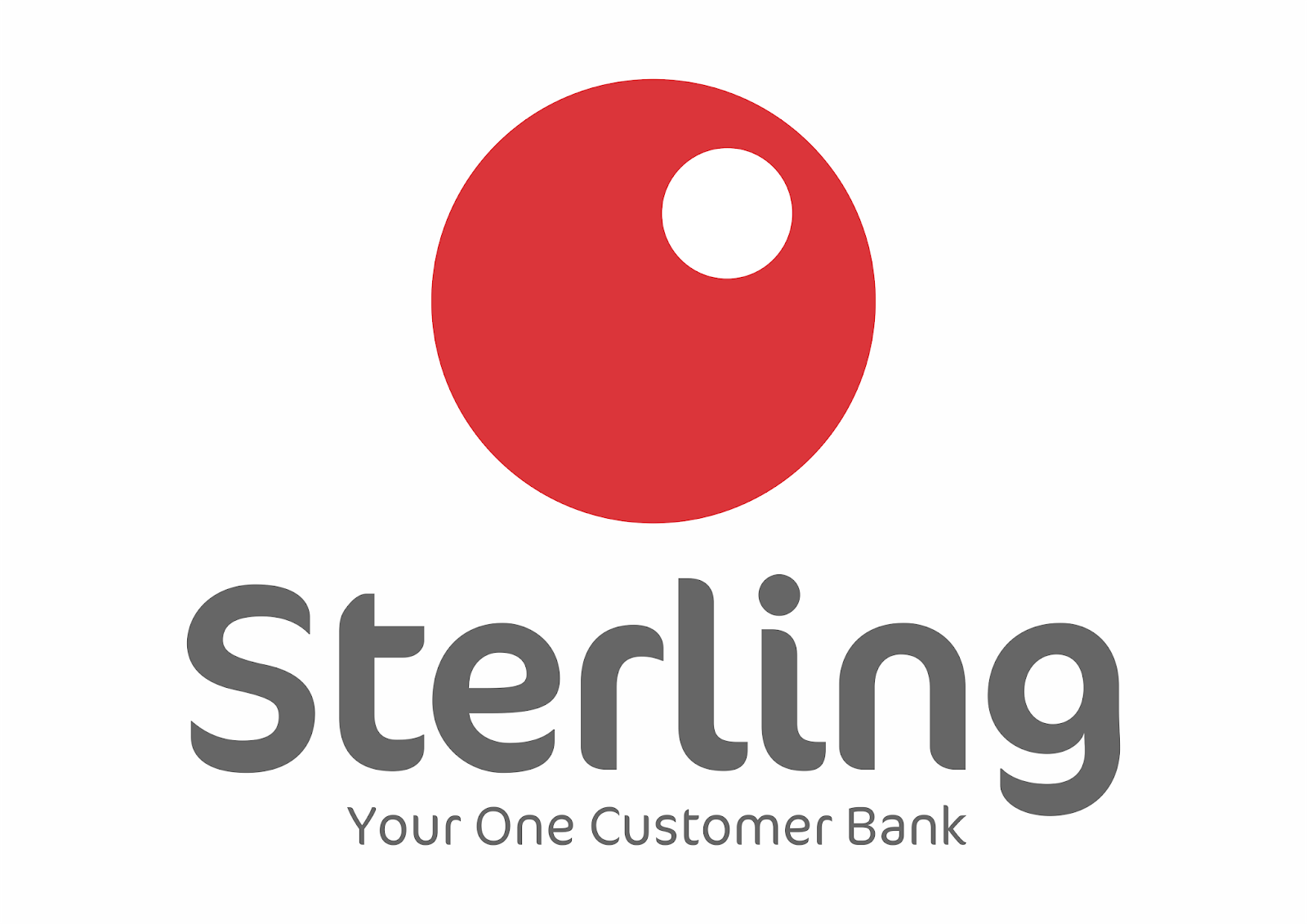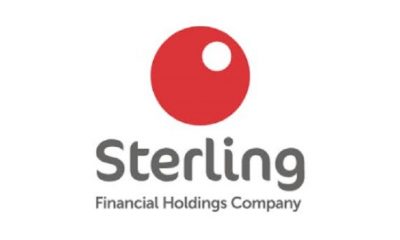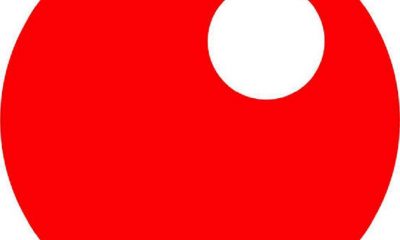Economy
Why We Partnered NESG—Sterling Bank

By Dipo Olowookere
The 2016 edition of the Nigerian Economic Summit (NES#22) kicked off today in Abuja with the event declared open by President Muhammadu Buhari.
The summit themed ‘Made in Nigeria’, will hold from October 10 to 12, 2016 at the Transcorp Hilton Hotel, Abuja.
One of the partners of the programme is Sterling Bank Plc, which renewed its commitment to the promotion of Made-In-Nigeria goods and services.
In a statement to newsmen in Lagos at the weekend, Sterling Bank assured that it would continue to invest in and partner with like minds to promote the production and consumption of locally made goods and services, adding that its sponsorship is also hinged on the fact that the event would provide a platform for public-private dialogue (PPD) to fashion out the right economic agenda to take the nation out of the current economic downturn.
It would be recalled that the Bank has remained consistent in the promotion of Made-in-Nigeria products.
Recently, Sterling Bank sponsored the Made-In-Nigeria week held in Lagos.
The Bank is also in partnership with Innoson Motors Limited to finance the purchase of locally made vehicles produced by the company.
In addition, Sterling Bank financed Labana Rice, one of the largest rice mills in the country and also bought large quantity for staff and stakeholders in the Bank.
Driving this initiative down to her staff, the Bank has instituted a ‘Made-in-Nigeria Week’ when staff come to the office dressed in locally made attires.
Held annually, NES attracts over a thousand delegates including chief executives, opinion leaders and policy level managers from the public and private sectors to interact and share thoughts on issues of national importance.
The Bank in the statement explained that its strategic support for the promotion of was informed by the current economic headwinds and exchange rate volatility fuelled by the fall in oil price which brought to the fore, the need to diversify the nation’s revenue base and support the manufacturing sector through the patronage and use of locally made products and services.
Also, the Bank noted that the patronage of local manufacturers would boost the local economy adding that this partnership was one of the numerous projects the Bank is embarking on to enrich the lives of Nigerians.
The Bank said: “The country’s dependence on oil exports for foreign exchange and the global oil sector downturn driven by the falling oil price has led to much talked about economic recession in the country and has negatively impacted other sectors with prices of imported products rising significantly.
“For the country to get out of this situation, there is an urgent need to diversify the economy and empower the manufacturing sector. But the manufacturing sector will not thrive if they are not patronized by Nigerians”.
While acknowledging that the challenges facing the economy also provide a platform for proactive companies to seize the opportunity to promote indigenous products and local substitutes, the Bank called on the Federal Government to provide the necessary infrastructure to encourage the establishment of manufacturing companies in the country as well as put in place a tax regime that would encourage foreign direct investment.
Economy
Subscription for FGN Savings Bonds Opens for March 2026 at 13.9%
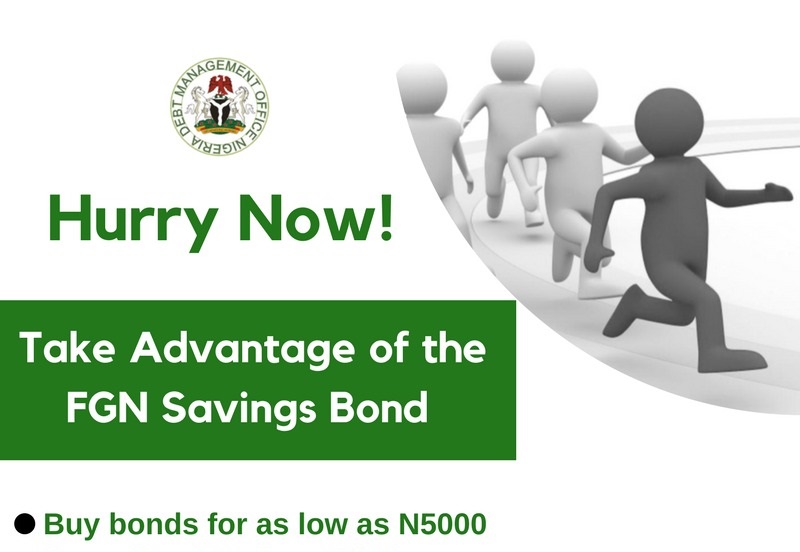
By Aduragbemi Omiyale
The Debt Management Office (DMO) has asked retail investors interested in investing in the FGN savings bonds to begin to talk to their financial advisers.
This is because subscription for the retail bonds for March 2026 has commenced and will close on Friday, March 6, according to a circular issued by the agency on Monday.
The debt office is selling two tenors of the debt instrument, with the shorter note maturing in two years’ time and the longer maturing a year later.
Details of the notice showed that the two-year paper is being offered at a coupon of 12.906 per cent, and the three-year paper at 13.906 per cent.
Both notes are sold at a unit price of N1,000, with a minimum subscription of N5,000 and in multiples of N1,000 thereafter, subject to a maximum subscription of N50 million. They can be purchased via approved stockbroking firms in Nigeria.
The FGN savings bond qualifies as a security in which trustees may invest under the Trustee Investment Act. It also serves as government securities within the meaning of the Company Income Tax Act (CITA) and the Personal Income Tax Act (PITA) for tax exemption for pension funds, amongst other investors.
It can be used as a liquid asset for liquidity ratio calculation for banks, and is listed on the Nigerian Exchange (NGX) Limited for trading at the secondary market.
The bond is backed by the full faith and credit of the Federal Government of Nigeria (FGN) and charged upon the general assets of the country.
Economy
Nigeria Splits OPL 245 into Four Blocks for Eni, Shell

By Adedapo Adesanya
Nigeria has broken up the OPL 245 oil block into four new assets to be operated by Eni and Shell, potentially settling the future of the field at the centre of one of the oil industry’s biggest historic corruption trials.
According to Reuters, the agreement clears the way for the development of OPL 245, one of Nigeria’s biggest deepwater reserves that has remained untapped for almost three decades amid overlapping lawsuits in multiple countries.
The final contracts are expected to be signed starting Monday, the report said, citing a source familiar with the situation.
The Nigerian government had signalled for years that it was keen to find a solution that would bring the block into production. The source wished to remain anonymous as they are not authorised to comment on government policy before an official announcement.
Located in the Niger Delta’s deepwaters, the field has languished since its initial award in 1998 to Malabu Oil and Gas, a shadowy firm controlled by Mr Dan Etete, Nigeria’s oil minister at the time. The block is estimated to hold up to 9 billion barrels of oil equivalent in reserves—enough to rival Nigeria’s entire proven reserves if fully developed.
Mr Etete controversially awarded the lucrative licence to his own company for a nominal $20 million fee, sparking immediate controversy over conflicts of interest.
The saga escalated in 2011 when Malabu sold its rights to a Shell-Eni joint venture for $1.3 billion.
Italian and Nigerian prosecutors alleged that over $1 billion of that sum was siphoned off through bribes to politicians, middlemen, and Mr Etete himself, including hefty payments to then-President Goodluck Jonathan’s associates.
The two European energy giants and some of their former and current executives, including Eni CEO, Mr Claudio Descalzi, faced trial in Italy but all were acquitted in 2021, having denied all wrongdoing.
Shell and Eni have consistently denied wrongdoing, insisting the payments complied with due diligence.
The anti-graft agency, the Economic and Financial Crimes Commission (EFCC), has pursued parallel probes, recovering over $200 million in frozen funds, but progress stalled amid political shifts.
Operations at the Nigerian oil block have been halted for more than a decade by a series of trials and competing legal claims.
In 2023, the federal government withdrew civil claims totalling $1.1 billion against Eni, ending the long battle.
Economy
Dangote Refinery, NNPC Raise Petrol Pump Price by N100
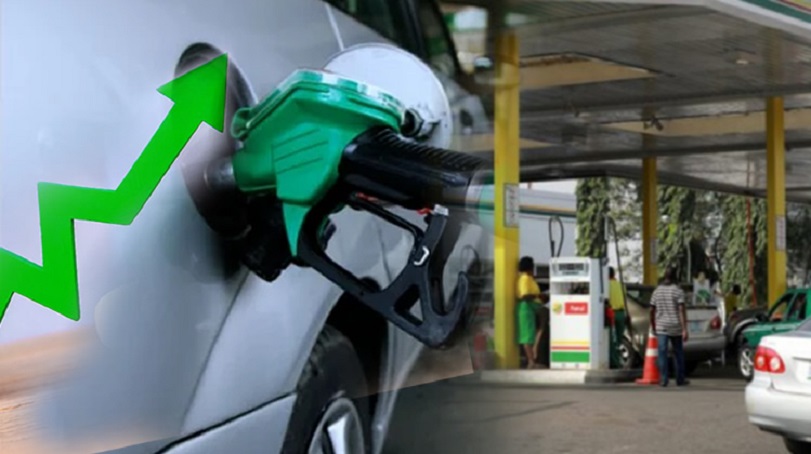
By Modupe Gbadeyanka
The price of Premium Motor Spirit (PMS), otherwise known as petrol, has been increased by at least N100 per litre at the pump.
This followed the recent increase in the price of crude oil in the global market as a result of the bombardment of Iran by the United States and Israel over the weekend.
The air strikes killed the Supreme Leader of Iran, Mr Ayatollah Ali Khamenei, and several others.
Iran has responded by firing missiles at US facilities in some Gulf countries, including Saudi Arabia, Qatar, Kuwait, Bahrain, the UAE, and others.
Crude oil prices rose to about $80 per barrel on the market from about $70 per barrel before the Middle East crisis.
Oil marketers in Nigeria have responded to the tension and have raised the prices of petroleum products.
At most MRS Oil retail stations in Lagos, the new price notice showed an increase of about N100 per litre.
As of Monday, the price of PMS was N837 per litre, but on Tuesday morning, it had changed to N938 per litre, while at NNPC retail stations, it was N930 per litre instead of the previous N830 per litre.
-

 Feature/OPED6 years ago
Feature/OPED6 years agoDavos was Different this year
-
Travel/Tourism10 years ago
Lagos Seals Western Lodge Hotel In Ikorodu
-

 Showbiz3 years ago
Showbiz3 years agoEstranged Lover Releases Videos of Empress Njamah Bathing
-

 Banking8 years ago
Banking8 years agoSort Codes of GTBank Branches in Nigeria
-

 Economy3 years ago
Economy3 years agoSubsidy Removal: CNG at N130 Per Litre Cheaper Than Petrol—IPMAN
-

 Banking3 years ago
Banking3 years agoSort Codes of UBA Branches in Nigeria
-

 Banking3 years ago
Banking3 years agoFirst Bank Announces Planned Downtime
-

 Sports3 years ago
Sports3 years agoHighest Paid Nigerian Footballer – How Much Do Nigerian Footballers Earn


